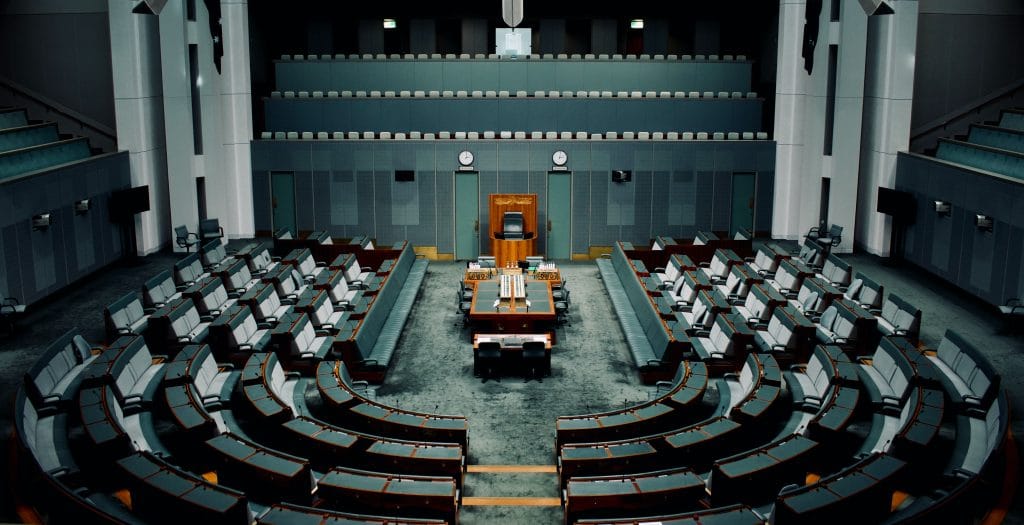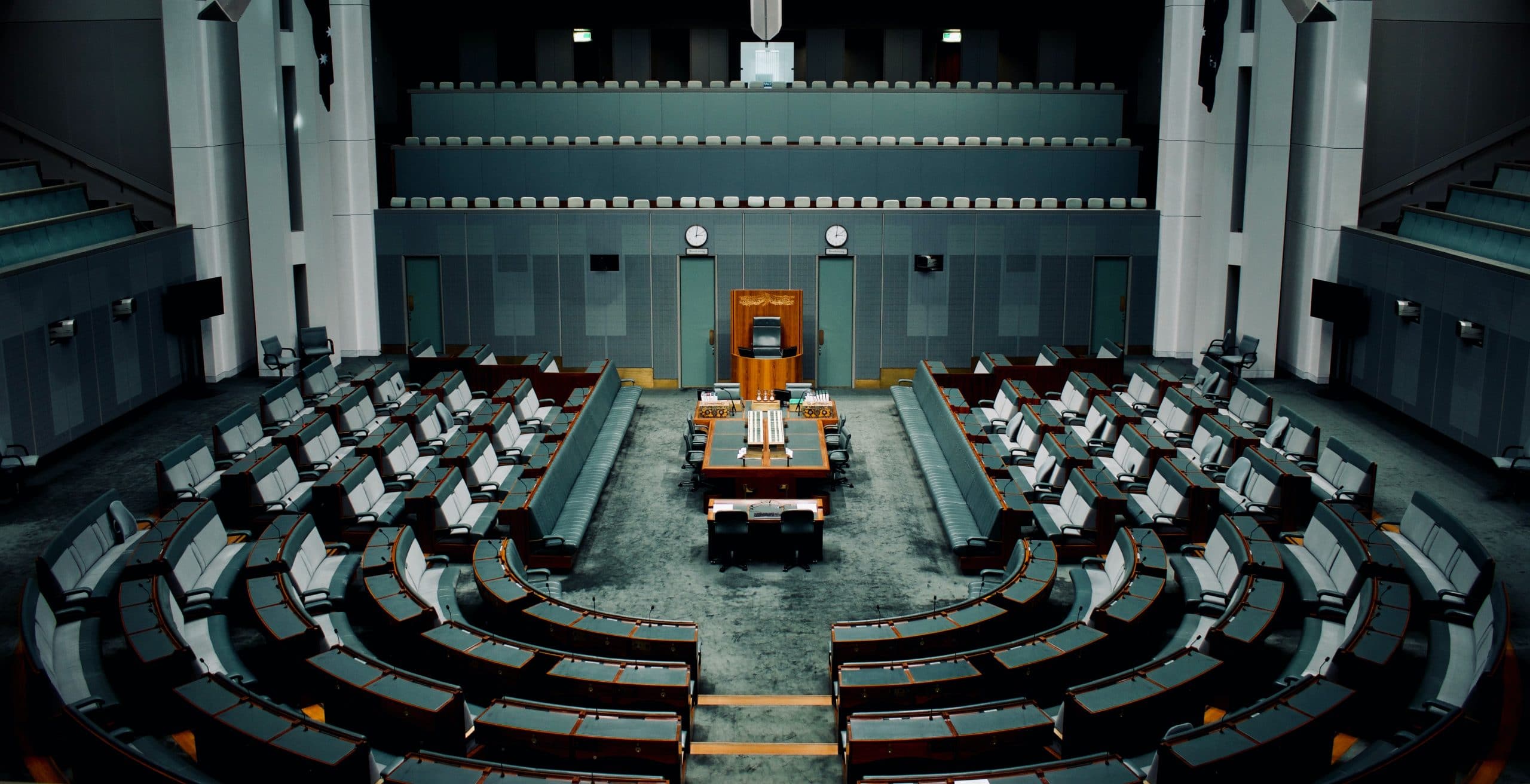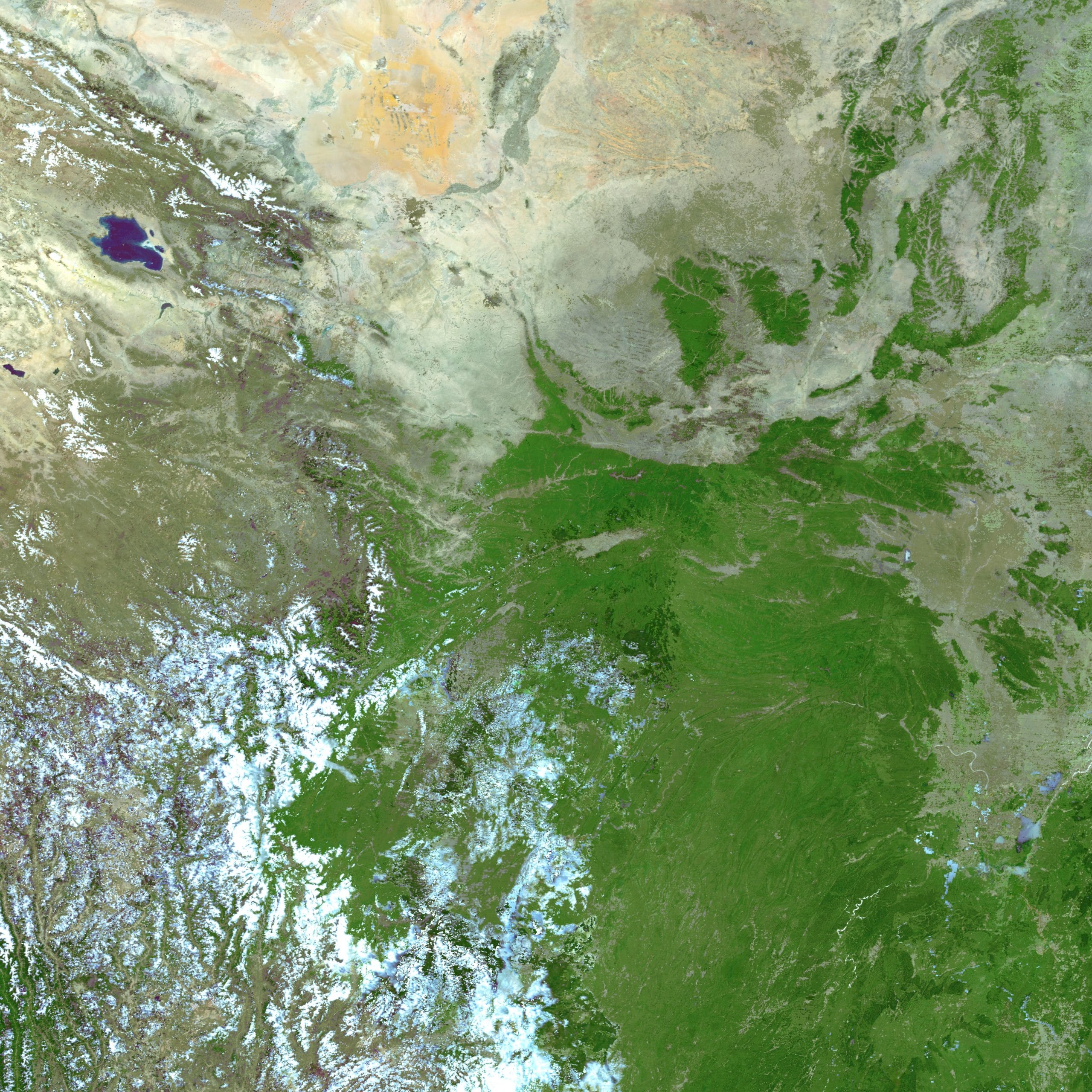Zusammensetzung des Parlaments
A parliament may have a variety of different names. In some states, they are called assemblies, in others, they are known as chambers, councils or congresses. Parliaments often exist even in undemocratic states. The key feature of parliaments in democracies is that they are legitimated through fair general elections held by secret ballot.
A parliament may have one or two chambers. Choosing between a unicameral or a bicameral system is not just a technical question, but ultimately reflects two different ideas of democracy. Under a unicameral system, democracy is understood as majority rule. In contrast, bicameral parliaments reflect the belief that in large or socially diverse states, measures must be implemented to protect the rights and interest of specific groups or territorial units and avoid the “tyranny of the majority”.
Ausgehend von diesem Versprechen bikameraler Systeme werden im folgenden Dokument zunächst verschiedene Wahlmodellen für die erste Kammer dargestellt. Danach wird diskutiert, wie sich zweite Kammern zusammensetzen können. Es wird überdies ein Blick auf die Kompetenzen der zweiten Kammern sowie auf Konfliktlösungsmechanismen bei Disputen zwischen erster und zweiter Kammer geworfen. Abschließend soll die Rolle der zweiten Kammer beim Schutz von Minderheitenrechten diskutiert werden.

Power Sharing for a United Syria is a project run by the European Centre for Kurdish Studies. In Power Sharing for a United Syria, we work on three main pillars Capacity building and dialogue workshops, Policy advice, and Transparency.
In Power Sharing for a United Syria, we regularly organize workshops on constitutional law and the writing of a constitution with members of the Syrian opposition and Syrian civil society. On one hand, Our Advisory Board supports in particular members of the Small Group of the Constitutional Committee to anchor minority rights as an important part of human rights in the constitution. We want to build bridges between the different members of the opposition and representatives of civil society. Moreover, we want to support them in developing mutual positions regarding power-sharing, minority rights and women’s rights. On the other hand, in order to increase the transparency of the Syrian Constitutional Committee (SCC) and its work, we publish, among other things, video clips covering various topics related to the constitutional process.






